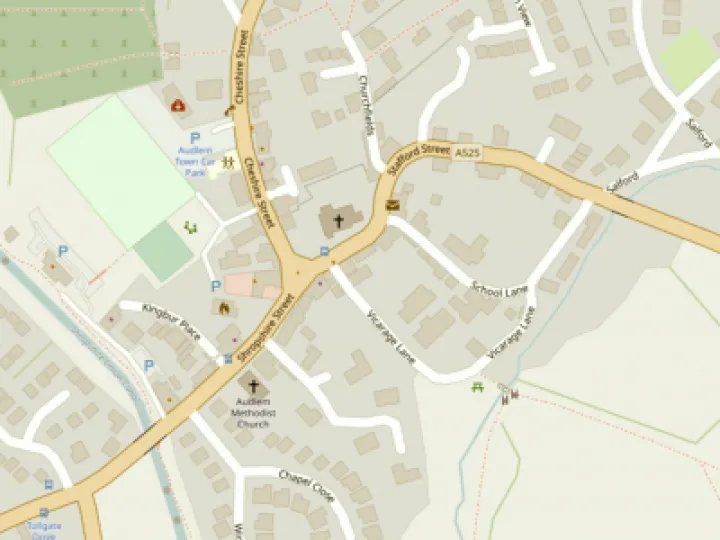







The assassination of Anwar Sadat occurred on 6 October 1981. Anwar Sadat, the President of Egypt, was assassinated during the annual victory parade held in Cairo to celebrate Operation Badr, during which the Egyptian Army had crossed the Suez Canal and taken back a small part of the Sinai Peninsula from Israel at the beginning of the Yom Kippur War.A fatwa approving the assassination had been obtained from Omar Abdel-Rahman, a cleric later convicted in the US for his role in the 1993 World Trade Center bombing. The assassination was undertaken by members of the Egyptian Islamic Jihad.
Background
Following the Camp David Accords, Sadat and Israeli Prime Minister Menachem Begin shared the 1978 Nobel Peace Prize. However, the subsequent 1979 Egypt-Israel Peace Treaty was received with controversy among Arab nations, particularly the Palestinians. Egypt's membership in the Arab League was suspended (and not reinstated until 1989). PLO Leader Yasser Arafat said "Let them sign what they like. False peace will not last."In Egypt, various jihadist groups, such as Egyptian Islamic Jihad and al-Jama'a al-Islamiyya, used the Camp David Accords to rally support for their cause. Previously sympathetic to Sadat's attempt to integrate them into Egyptian society,Egypt's Islamists now felt betrayed, and publicly called for the overthrow of the Egyptian president and the replacement of the nation's system of government with a government based on Islamic theocracy.
The last months of Sadat's presidency were marked by internal uprising. He dismissed allegations that the rioting was incited by domestic issues, believing that the Soviet Union was recruiting its regional allies in Libya and Syria to incite an uprising that would eventually force him out of power. Following a failed military coup in June 1981, Sadat ordered a major crackdown that resulted in the arrest of numerous opposition figures. Though he still maintained high levels of popularity in Egypt, it has been said that he was assassinated "at the peak" of his unpopularity.
Egyptian Islamic Jihad
Earlier in Sadat's presidency, Islamists had benefited from the "rectification revolution" and the release from prison of activists jailed under Nasser, but his Sinai treaty with Israel enraged Islamists, particularly the radical Egyptian Islamic Jihad. According to interviews and information gathered by journalist Lawrence Wright, the group was recruiting military officers and accumulating weapons, waiting for the right moment to launch "a complete overthrow of the existing order" in Egypt. Chief strategist of El-Jihad was Abbud al-Zumar, a colonel in the military intelligence whose "plan was to kill the main leaders of the country, capture the headquarters of the army and State Security, the telephone exchange building, and of course the radio and television building, where news of the Islamic revolution would then be broadcast, unleashing--he expected--a popular uprising against secular authority all over the country."
In February 1981, Egyptian authorities were alerted to El-Jihad's plan by the arrest of an operative carrying crucial information. In September, Sadat ordered a highly unpopular roundup of more than 1500 people, including many Jihad members, but also the Coptic Pope and other Coptic clergy, intellectuals and activists of all ideological stripes. All non-government press was banned as well.The round-up missed a jihad cell in the military led by Lieutenant Khalid Islambouli, who would succeed in assassinating Anwar Sadat that October.
According to Tala'at Qasim, ex-head of the Gama'a Islamiyya interviewed in Middle East Report, it was not Islamic Jihad but his organization, known in English as the "Islamic Group", that organized the assassination and recruited the assassin (Islambouli). Members of the Group's "Majlis el-Shura" ("Consultative Council")--headed by the famed "blind shaykh"--were arrested two weeks before the killing, but they did not disclose the existing plans, and Islambouli succeeded in assassinating Sadat.
This article is from our news archive. As a result pictures or videos originally associated with it may have been removed and some of the content may no longer be accurate or relevant.
Get In Touch
AudlemOnline is powered by our active community.
Please send us your news and views using the button below:
Email: editor@audlem.org





